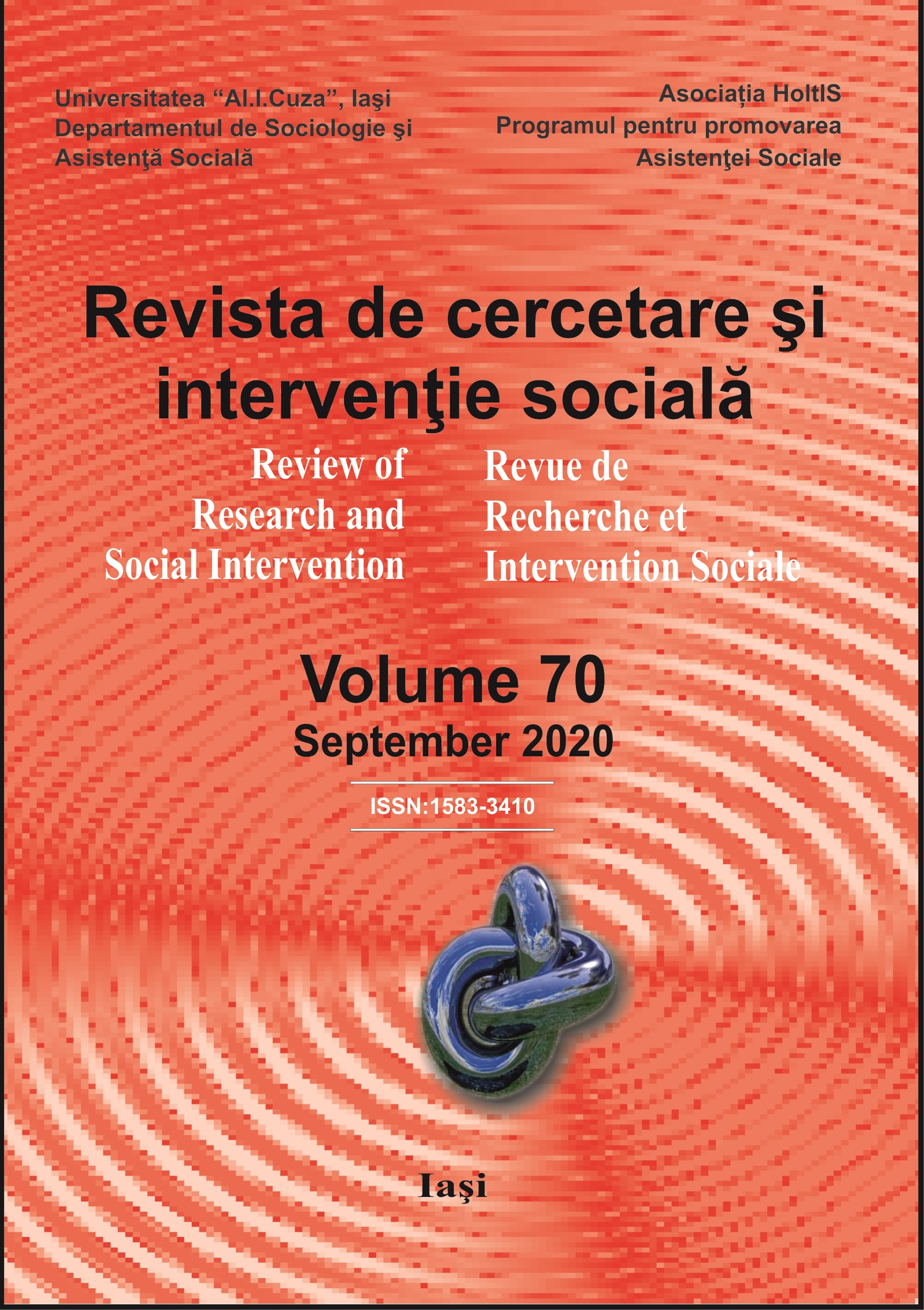Socio-Demographic Characteristics of the Psychiatric Population with Comorbid Alcoholism
Socio-Demographic Characteristics of the Psychiatric Population with Comorbid Alcoholism
Author(s): Ana Miruna DRAGOI, Antonia Ioana TRIFU, Simona TRIFUSubject(s): Social Sciences, Sociology, Evaluation research, Health and medicine and law, Welfare services
Published by: Expert Projects Publishing
Keywords: alcohol; schizophrenia; level of education; cognition; regression models; social assistance; social support;
Summary/Abstract: The population of Romania ranks 3rd in the world in terms of alcohol consumption, with particularities depending on the environment of origin, cultural level, addiction versus abuse, consumption within the wide limits of normality versus hospitalization in psychiatry. The paper refers to patients consuming alcohol whose main diagnosis is schizophrenia. The cross-sectional study consisted of 88 male subjects with dual pathology, aged between 23 and 80 years. The instruments used in the study were PANSS for psychotic impairment, MAST for measuring alcoholism and for cognitive functioning, Cognitive error questionnaire. The design of the research was observational, transversal. We performed a multiple regression analysis in which the predictor variable was cognitive functioning and the criterion variables were psychotic impairment and alcohol level. We also performed an analysis of ANCOVA variance, having as covariates: age, level of education, the need for antidepressant in treatment, number of hospitalizations, the manner of hospitalization and the environment of origin. The results indicate that alcoholism and general psychopathology (G scale) are predictors for cognitive functioning. A stronger predictor is the level of education, while age and AP are poor predictors. PANSS_P subscale, PANSS_N subscale, AD, hospitalization mode, number of hospitalizations, average are not predictors for cognitive functioning. The cognitive functioning of these patients is caused by alcohol rather than schizophrenia. Patients with a high level of previous education have a richer cognitive reserve that can protect their judgment from cognitive errors and can preserve better their cognitive functioning.
Journal: Revista de Cercetare şi Intervenţie Socială
- Issue Year: 2020
- Issue No: 70
- Page Range: 265-287
- Page Count: 23
- Language: English

